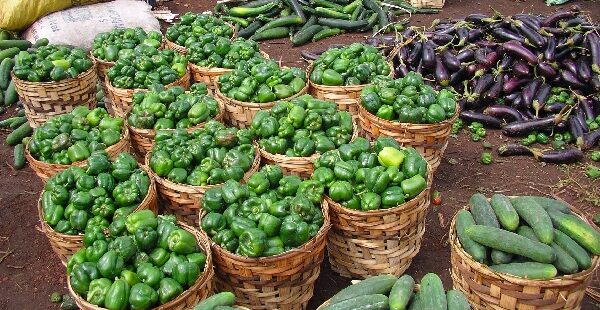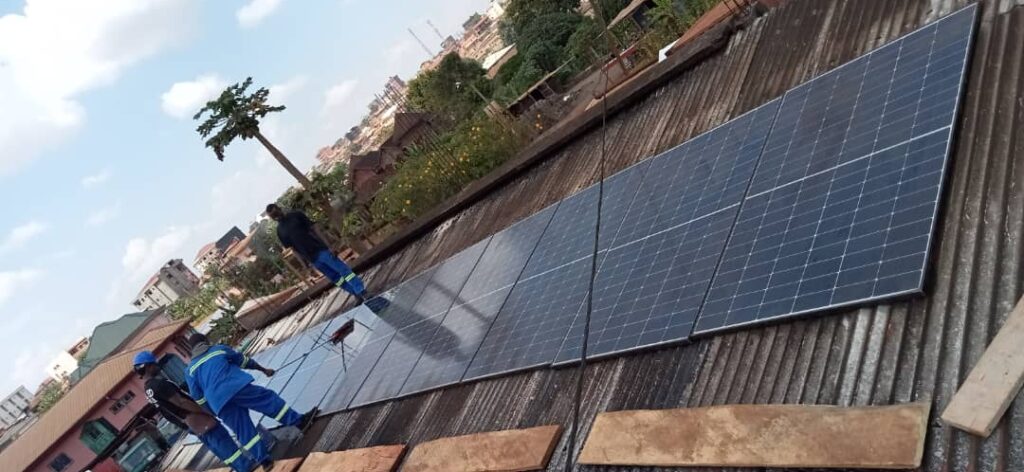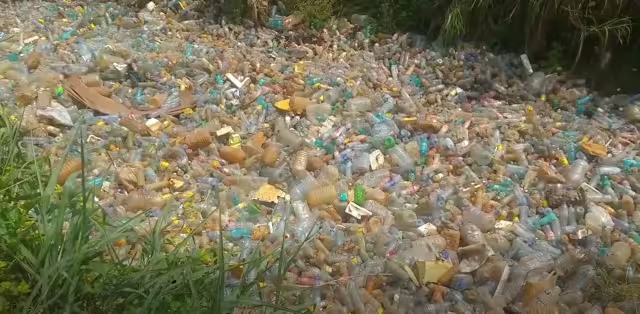#1 Food production losses
 of food produced in sub-Saharan Africa country is lost or wasted.
of food produced in sub-Saharan Africa country is lost or wasted.
This is estimated to 120-170 Kg per capita per year 1. Globally, one third of the food production is wasted resulting in economic losses of an estimated $1 trillion a year. Fruits and vegetables suffer the most, with losses reaching 50%, the highest globally.
The Food and Agriculture Organization (FAO) estimates that improper harvesting practices cause around 5% of global fruit and vegetable losses. A study in 6 Sub-Saharan African countries examined food losses across storage, handling, and transportation. They found that 80.4% of losses happened during storage. Fruits, vegetables, roots, and tubers had the highest losses, up to 55.9% due to perishability and poor storage and processing infrastructure2.

#2 Access to affordable electricity
 millions of people still don’t have access to electricity in sub-Saharan countries.
millions of people still don’t have access to electricity in sub-Saharan countries.
Having access to electricity is defined in international statistics as having an electricity source that can provide very basic lighting, and charge a phone or power a radio for 4 hours per day.
Electricity is crucial for poverty alleviation, economic growth, and improved living standards3. At a global level, the share of people with access to electricity has been steadily increasing over the last few decades. In 2000, 2 in 10 people lacked access to electricity; this number has since decreased, with fewer than 1 in 10 lacking access in recent years.
While this trend has been positive across most regions, there are still some countries where most of the people do not have access to electricity. In Sub-Saharan countries, the share of population with access to electricity has even decreased from 2000 to 2019: the population growth has overtaken the extension of power production capacities or / and the distribution network. The recent progress was mainly driven by renewed grid expansions and the adoption of SHS in sub-Saharan Africa, where 80% of people without access to electricity live today4.

#3 Plastic usage and waste
 kg of plastic per capita was mismanaged in sub-Saharan Countries on average in 2019.
kg of plastic per capita was mismanaged in sub-Saharan Countries on average in 2019.
Mismanaged plastic waste includes materials burned in open pits, dumped into seas or open waters, or disposed of in unsanitary landfills and dumpsites5.
However, when plastic waste is mismanaged – not recycled, incinerated, or kept in sealed landfills – it becomes an environmental pollutant. One to two million tonnes of plastic enter our oceans yearly, affecting wildlife and ecosystems.
Improving the management of plastic waste across the world – especially in poorer countries, where most of the ocean plastics come from – is therefore critical to tackling global plastic pollution problem.

Originated from a very poor country and discovering the world mainly on television and internet, we are always eagerly amazed by the tremendous advances in technology and science. We deeply believe that the improvement of the people’s well-being, mental and physical health is strongly related to its ability to understand its environment and technology plays a particular role in that quest. WE CAN DO SOMETHING against these chronic issues.
1. Gustavsson J, Cederberg C, Sonesson U, Van Otterdijk R, Meybeck A. (2011 May 16) “Global food losses and food waste” [Online Resource].
2. Megan Sheahan, Christopher B. Barrett, “Food loss and waste in Sub-Saharan Africa” Food Policy, 70 (2017), P 1-12,
ISSN 0306-9192, https://doi.org/10.1016/j.foodpol.2017.03.012. (https://www.sciencedirect.com/science/article/pii/S0306919217302440)
3. Hannah Ritchie, Pablo Rosado and Max Roser (2019) – “Access to Energy” Published online at OurWorldinData.org. Retrieved from: ‘https://ourworldindata.org/energy-access‘ [Online Resource]
4. IEA (2024), SDG7: Data and Projections – Access to electricity, IEA, Paris https://www.iea.org/reports/sdg7-data-and-projections, Licence: CC BY 4.0 Published online at https://www.iea.org. Retrieved from: ‘https://www.iea.org/reports/sdg7-data-and-projections/access-to-electricity‘ [Online Resource]
5. Hannah Ritchie, Veronika Samborska and Max Roser (2023) – “Plastic Pollution” Published online at OurWorldinData.org. Retrieved from: ‘https://ourworldindata.org/plastic-pollution‘ [Online Resource]
